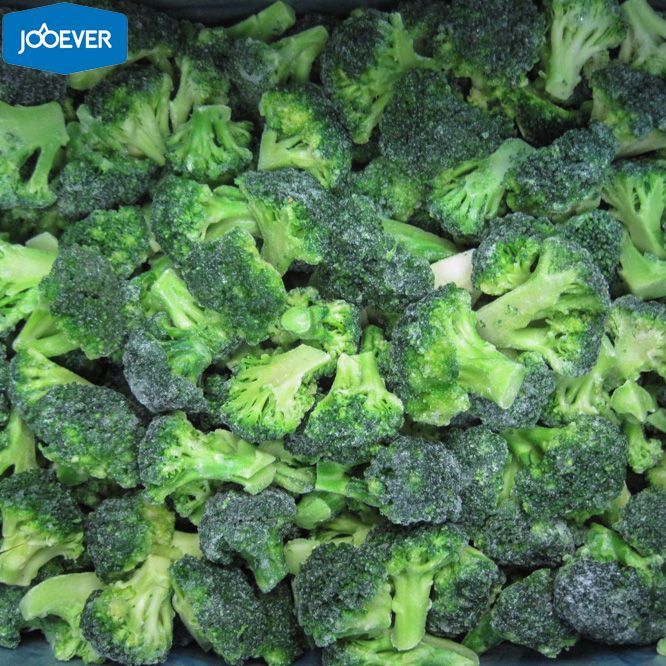Your reliable partner for frozen foods
In recent years, the global frozen food industry has seen steady growth, and frozen vegetables are one of the main drivers behind this trend. Changing lifestyles, the need for convenience, and the growing awareness of healthy eating have made frozen vegetable products increasingly popular among consumers. Unlike the past perception that frozen food lacks freshness, today’s freezing technologies ensure that vegetables retain much of their natural flavor and nutrients. As a result, frozen vegetables are no longer just a backup option but have become an essential part of daily diets in many regions.
The frozen food market has expanded significantly due to modern consumer needs. Busy work schedules and urban living have made people look for food options that are quick to prepare but still healthy. Frozen vegetables meet this requirement perfectly. They are pre-cleaned, cut, and ready to cook, which reduces preparation time. Moreover, frozen vegetables can be stored for long periods without spoilage, making them more practical than fresh vegetables for households and the food service industry. This convenience has turned frozen food into a global staple.

One of the biggest advantages of frozen vegetables is their accessibility. Fresh produce is seasonal and often depends on transportation from farms to markets. In contrast, frozen vegetables are available year-round and can be distributed globally without losing quality. This reliability has made frozen vegetables a strong player in international markets. Additionally, advances in freezing methods such as individual quick freezing (IQF) help lock in texture, color, and nutrition, giving frozen vegetables an edge over fresh produce in certain situations.
A common question among consumers is whether frozen vegetables are as healthy as fresh ones. Research shows that when vegetables are frozen shortly after harvest, they can preserve vitamins, minerals, and antioxidants effectively. In some cases, frozen vegetables even retain more nutrients than fresh produce that has spent several days in transport and storage. For example, frozen peas and spinach often maintain higher levels of vitamin C compared to their fresh counterparts that have been sitting in markets for days. This makes frozen vegetables not only convenient but also a nutritious choice.
Several factors contribute to the global growth of frozen vegetables. First, urbanization and the expansion of modern retail chains make frozen food widely accessible. Supermarkets, convenience stores, and online platforms now offer a broad range of frozen vegetable options, increasing consumer exposure. Second, the food service industry, including restaurants and catering businesses, heavily relies on frozen vegetables for consistent supply and quality. Third, international trade has allowed frozen vegetable producers from countries with large agricultural bases to export products worldwide, supporting the global supply chain.
The demand for frozen vegetables is rising across all continents. In North America and Europe, frozen food has long been part of household diets, but the variety and quality of frozen vegetables are now broader than ever. In Asia, the growing middle class, busy lifestyles, and increased health awareness are boosting frozen vegetable consumption rapidly. Similarly, in the Middle East, Africa, and Latin America, frozen food imports are on the rise, making frozen vegetables an important part of global food trade.

Another important aspect is how frozen vegetables support food security. By extending the shelf life of produce, freezing helps reduce food waste, which is a major global challenge. Countries with limited agricultural production can rely on frozen food imports to ensure a steady supply of vegetables. This makes frozen vegetables a practical solution for regions with unstable growing conditions or seasonal shortages.
The growing demand for frozen vegetables is a clear reflection of changing food habits and modern lifestyle needs. Consumers worldwide now appreciate the value of frozen food, not only for its convenience but also for its nutritional benefits and year-round availability. With continuous improvements in freezing technology and distribution networks, frozen vegetables are set to play an even bigger role in global markets. As the frozen food industry continues to grow, frozen vegetables will remain at the center of this trend, supporting healthier, more efficient, and more sustainable eating habits.